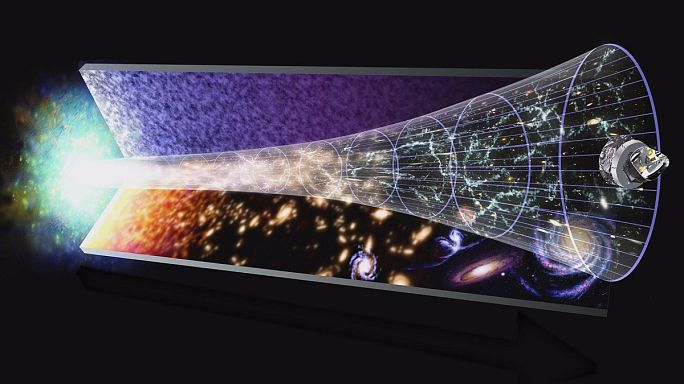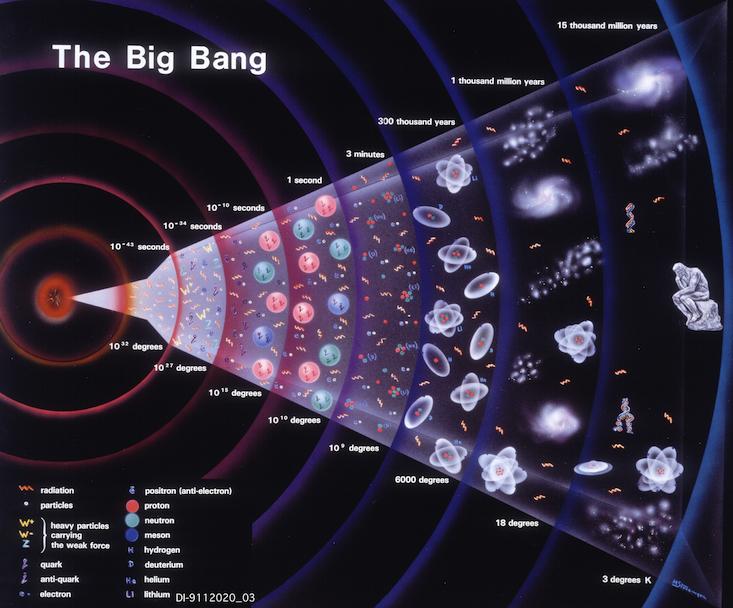The Vatican has invited the world's leading scientists and cosmologists to try and understand the Big Bang. Astrophysicists and other experts will attend the Vatican Observatory to discuss black holes, gravitational waves and space-time singularities as it honors the late Jesuit cosmologist considered one of the fathers of the idea that the universe began with a gigantic explosion.
The conference – which runs
through the week – is part of an increasing admission by the church that scientific theories were real and not necessarily in contradiction with theological doctrine.
Pope Francis declared in
2014 for instance that God
is not "a magician with a magic wand" and that evolution and Big Bang
theory are real. The conference honours Jesuit
priest, Monsignor George Lemaitre, and is being held at the Vatican
Observatory. The observatory was founded by Pope Leo XIII in 1891 to help
correct the notion that the Roman Catholic Church was hostile to science.
In 1927, Lemaitre was the
first to explain that the receding of distant galaxies was the result of the
expansion of the universe, a result he obtained by solving equations of
Einstein's theory of general relativity.
Lemaitre's theory was known
as the "primeval atom," but it is more commonly known today as the
big-bang theory.
"He understood that
looking backward in time, the universe should have been originally in a state
of high energy density, compressed to a point like an original atom from which
everything started," according to a press release from the
Observatory. The head of the Vatican Observatory, Jesuit Brother Guy
Consolmagno, says Lemaitre's research proves that you can believe in God and
the big-bang theory.
"Lemaitre himself was
very careful to remind people — including Pope Pius XII — that the creative act
of God is not something that happened 13.8 billion years ago. It's something
that happens continually," Consolmagno said Monday. Believing merely
that God created the big bang means "you've reduced God to a nature god,
like Jupiter throwing lightning bolts.
That's not the God that we
as Christians believe in," he said. Christians, he said, believe in a
supernatural God who is responsible for the existence of the universe, while
"our science tells us how he did it."
Via Independent



